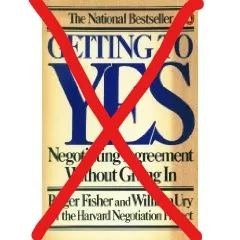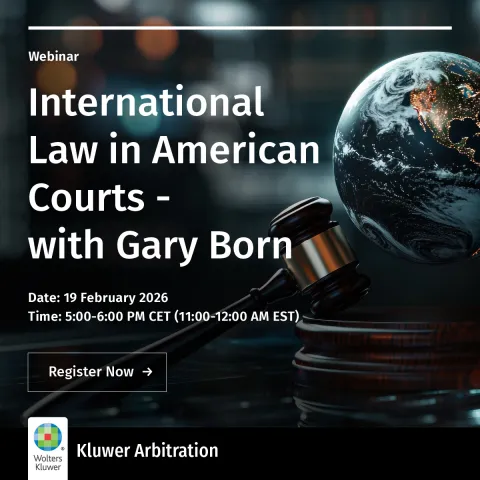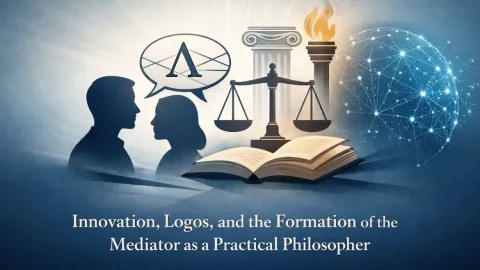Reflections on not 'Getting to Yes'
December 22, 2021

The scrutiny was fruitful.
It prompted me to revisit some firmly held beliefs about the role of the mediator and the constraints I consciously impose on the role. In my mind – and front of mind - there is a line I choose not to cross. It is the line that separates the independent, impartial and unprejudiced from the partisan. I am aware that I bring my own values, prejudices and life experience to each new mediation but it is my aspiration that these remain contained within my boundaries and have no influence on the parties.
I value the ideas proposed by Professor John Wade of Bond University in Australia. His exploration of evaluative mediation suggests to me that there is a continuum of mediator behaviours and that each of us has decided (or, like me, is continually reviewing) where our mediation practice sits on that continuum.
Revisiting the ‘line’
When I investigate the line between what I do and what I am not prepared to do I also must acknowledge that I am motivated to be a catalyst to get the parties to ‘yes’. I feel some lingering sense of disappointment if they don’t get there on my watch and I am hypervigilant to ensure I don’t do anything to sabotage their opportunities for an agreement.
I also regularly hear or read colleagues talking about passing personal goals like “over 300 ‘successful’ mediations”. I suspect ‘successful’ means settlement. I also suspect that this is another influence on my own perspective on success.
Learning from the partisan role
Reflection has encouraged me to move the line - from a focus on mediation success to increasing the energy I invest in supporting parties to explore broader mediation opportunities. This includes not getting to yes.

- Focus on discovering the full range of alternatives – don’t fast-forward to BATNA
What does this mean?
Mediation regularly involves a lot of ‘BATNA waving’ which often emerges as a threat about walking away and taking punitive action. Lawyers preparing their clients tend to focus on legal alternatives and quickly take the parties to their view of a legal BATNA and its consequences.
What’s missing here is the understanding that before we choose a BATNA there needs to be a robust and creative exploration of all the alternatives. This is time consuming but valuable. A rigorous list, developed as a stream of consciousness, can prompt more creative thinking and add alternatives that at first glance don’t seem very useful.
For example, one alternative that often adds value is to do nothing – at least for now. Doing nothing can allow one party to leverage the other party’s closing window of opportunity. It can provide a test of whether the conflict may have run its course. Some parties who admit to feeling powerless feel empowered by the small step of refusing to be rushed.
There may also be clusters of alternatives. In commerce, parties often have legal and commercial alternatives allowing combinations of alternatives which offer a vastly strengthened BATNA. In the case study, Alan was able to encourage the party to find and include commercial alternatives – to expand the business in other ways; find new business partners and protect financial assets. When the BATNA emerged it was vastly strengthened by this broad exploration and strategic combination of alternatives.
- Provide a safe space for parties to practise the BATNA conversation – in the opening address and beyond. Preparation can help parties to recognise the strategic role BATNA plays, to explore the broadest range of alternatives and choose the best combination.
Preparation can also allow parties to practise what I call the BATNA ‘wave’ - to prepare for some version of BATNA to appear in each party’s opening address. Often the lawyers will deliver the legal BATNA and, if it is strong, make serious threats. However parties own the BATNA, not the lawyers. Mediators can help them reflect on the various ways they might present it and offer a safe place to practise. Since our BATNA is intended as a tool to maximise our power at the table, it is appropriate that parties themselves have a role in the BATNA conversation.
- Keep alternatives live (in a situation-specific way) during the mediation.
A BATNA is not fixed. There are circumstances during a mediation where a combination of events can operate to provide an unexpected opportunity for a party (legitimately) to strengthen their BATNA or (legitimately) to worsen the other party’s. There is value in encouraging the parties to revisit their BATNA privately at points during the mediation, to reflect on any movement and consider whether and how to draw on it in open session.
- Moving the line does not need to move the role of the mediator out of the impartial and independent space
This is still a work in progress for me however it seems possible to support each party in robust preparation without promoting a particular course of action or revealing a view about tactics or outcome. We mediators can be independent and even-handed in supporting each party to prepare their alternatives and choose and constantly refine their BATNA.
As this challenging year draws to a close I anticipate I will continue this reflection and the conversation with Alan which triggered all this.
To be continued…….
You may also like










Charlie Irvine
Thanks Rosemary. It's good to be reminded that doing nothing is an option! I'm a bit shocked that BATNAs seem to be seeping into the opening - it's not for nothing that Fisher, Ury and Patton coined the term at the end of their prescription for principled negotiation. Too soon and it just sounds like a threat, falling into Neil Rackham's category of irritators: "Certain words and phrases which are commonly used during negotiation have negligible value in persuading the other party, but do cause irritation."